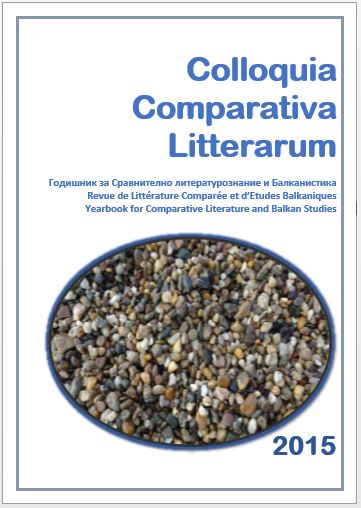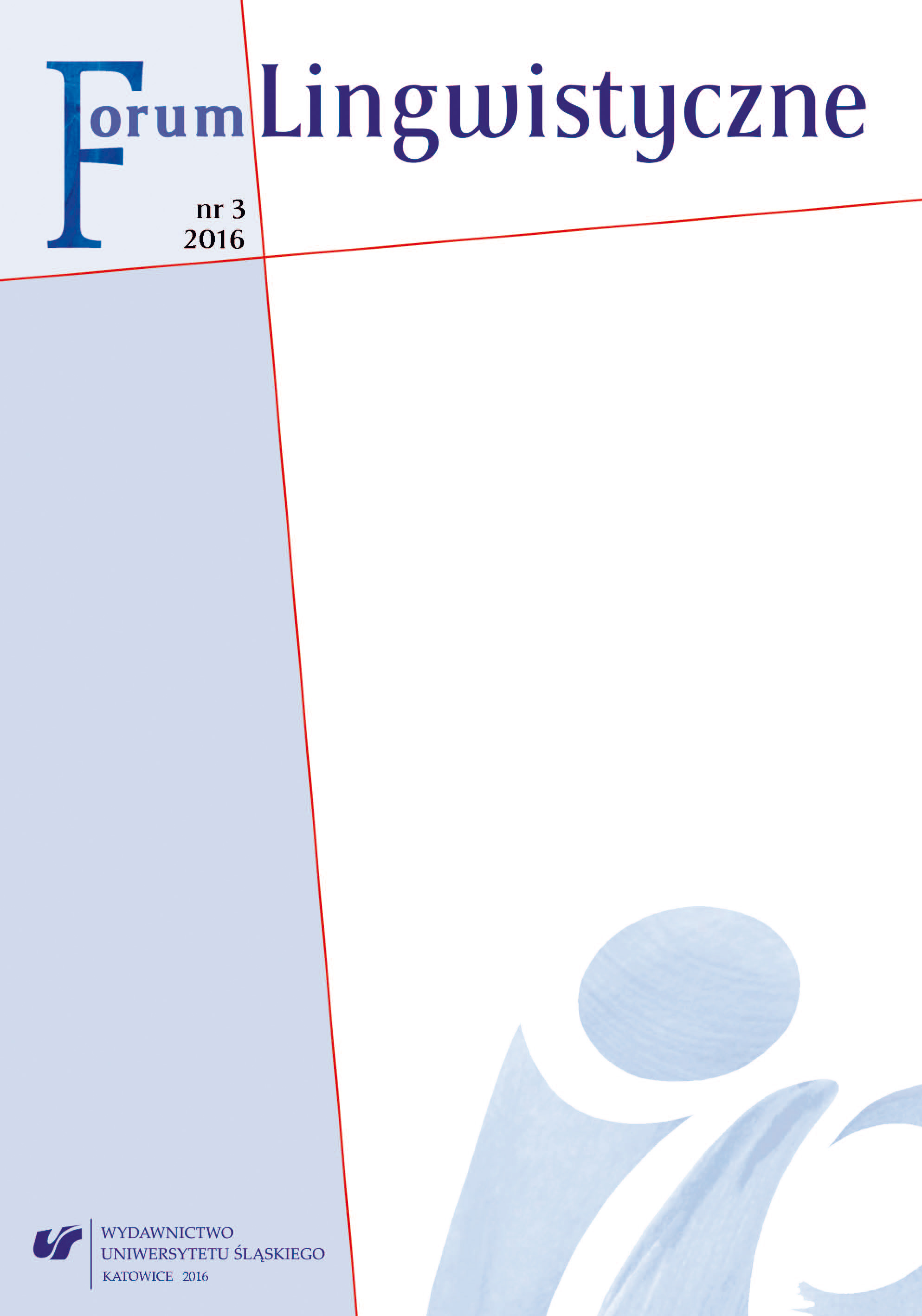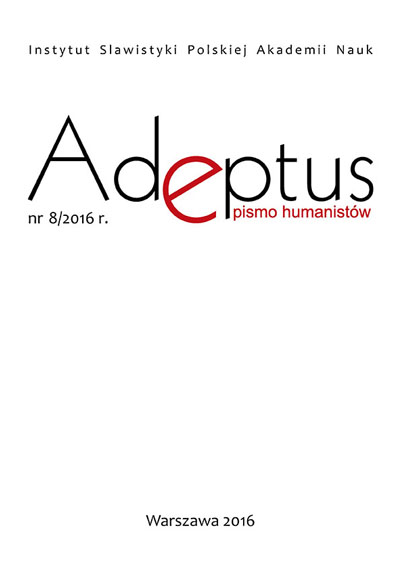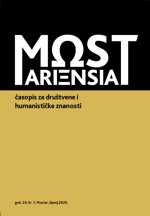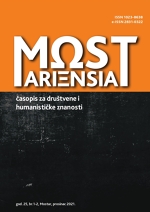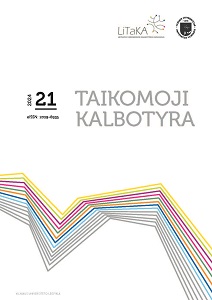Author(s): Adriana Maria Călugăr (Cutean) / Language(s): Romanian
Issue: 40/2025
In the article A brief history of the romanian Gulag and the prison literature of former inmates incarcerated in Aiud Prison, I provided a definition of the Gulag from Ruxandra Cesereanu's perspective, inspired by The Gulag Archipelago by Alexandr Soljenițîn, highlighting the shift of this term from a bureaucratic terminology to a symbolic one. The memories of detention possess a high degree of authenticity, and all the writings depicting the hell experienced in communist prisons, along with all the books belonging to the Romanian Gulag, have created a shock among readers. Numerous books have been written on this subject - essays, journals, prison memoirs, recollections, volumes of poetry, prose, novels, and studies. I emphasized that after the 1989 Revolution, fiction and literature were increasingly replaced by numerous memoirs, journals, autobiographical volumes, and that prison literature began to attract public interest and achieve real success. The testimonies of those who lived through the carceral experience bring forward journals and memoirs that facilitate our imaginary journey to understand the experiences endured by prisoners in communist dungeons. This type of memorialistic writing addresses a closed universe, aims to avoid fictionalization, holds testamentary value, and serves a therapeutic function, as through writing and confession, former detainees seek healing. The testimonies about the carceral experience are written in different styles, with each inmate presenting their experience through the lens of their own subjectivity. This study examines how the carceral imaginary is reflected in the works of writers imprisoned in the Aiud dungeon, as a result of the experiences lived within a space dictated by ideological, political, social, or cultural constraints.
More...
